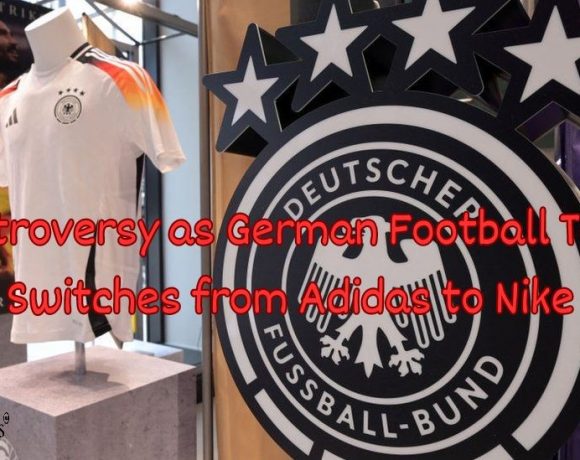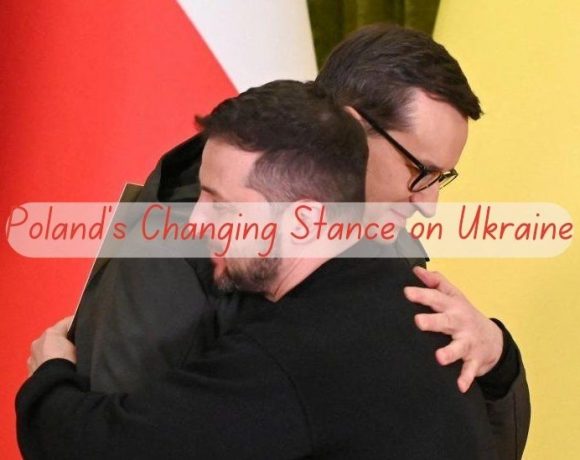
The decision by the German Football Association (DFB) to change the supplier of the national team’s kit from Adidas to Nike starting in 2027 has sparked strong reactions from German politicians. Economy Minister Robert Habeck and Health Minister Karl Lauterbach both voiced their disapproval, with Habeck expressing a desire for more local patriotism and Lauterbach labeling the move as “wrong”. The long-standing partnership between Adidas and the German national team, spanning over 70 years, has been a significant part of the country’s football culture.
The DFB defended its decision, emphasizing the financial benefits and support for grassroots football in Germany that the new partnership with Nike would bring. Despite understanding the emotional attachment to the Adidas brand, the DFB stated that economic considerations necessitated the switch. Nike’s substantially higher financial offer, reported to be around €100 million annually compared to Adidas’s €50 million, played a significant role in the decision-making process.
The controversy surrounding the change in kit supplier highlights the intersection of sports, tradition, and commerce. Politicians from across the political spectrum in Germany have expressed concerns about departing from a longstanding partnership that is deeply intertwined with the national team’s identity. As the DFB navigates this transition, it faces the challenge of balancing financial imperatives with the preservation of cultural and sporting heritage.
Picture Courtesy: Google/images are subject to copyright

